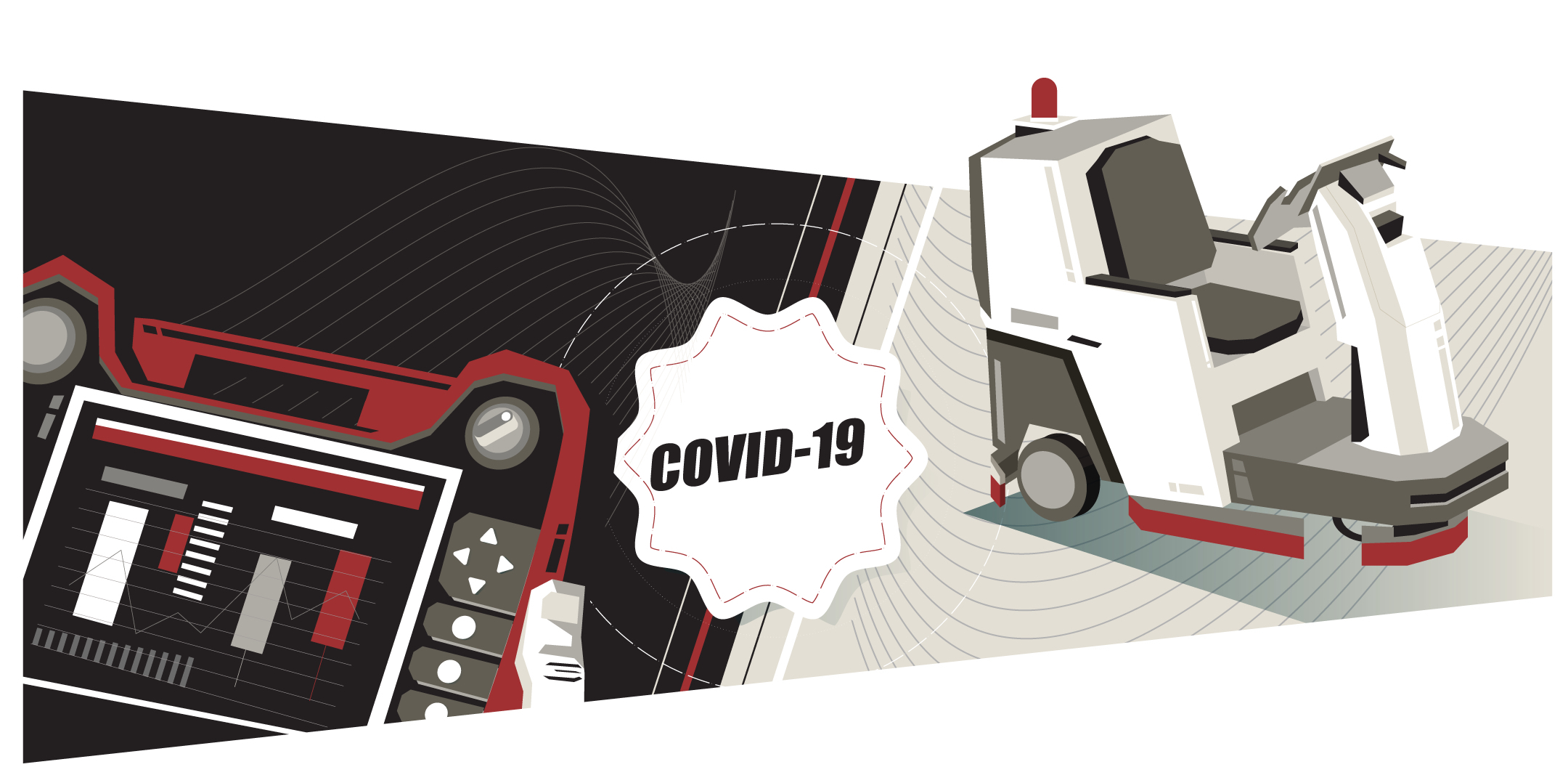In an incredibly competitive world where manufacturers and service providers scramble for customers, delivering quality products and services timeously at a relatively cheaper cost is imperative. Many companies are turning to Industrial automation solutions to beat the competition.
Robots and other automated systems are transforming the work environment and how work is performed. The transformation is both exciting and scary depending on whether you are an employer or employee, a highly skilled person or a low-skilled person, a consumer, or a creator of technology. Undoubtedly, automation reduces labour costs. Robots can be programmed and reprogrammed effectively to perform any rote task more accurately, faster, and more efficiently than humans. Advancements in Artificial Intelligence (AI) is making robots even smarter, such that they can make the creative interventions humans are usually required to make. Today, automation has permeated almost every industry ebbing away human jobs!
About 50% of the work performed by humans is automatable. A 2017 McKinsey Global Institute report projects about 400 million to 800 million people could be displaced by automation worldwide in 10 years; of this number, 75 million to 375 million people may be required to switch jobs. Machine operation, food preparation, data collection, and processing jobs are most vulnerable to job losses. The expected impact of the disruption will be felt most by heavily industrialized cities, but the rate of automation adoption will determine how fast or slow job losses will occur.
How would the impact of COVID-19 on jobs affect automation disruption?
Indeed COVID-19, a highly infectious virus, with no known therapeutics or vaccine has disrupted work, and school, practically shut down economies, and is forcing the world to pause and rethink the usual ways of doing things. The global economic outlook is obscured. Germany, France, China, and Spain, thought to have contained the virus, began reopening their economies only to see spikes in new cases and had to roll back reopening plans. Unfortunately, COVID-19 may be with us for a long time, so we must find a way to safely adjust to the new normal, and protect and save lives as we grow the economy. We witnessed the transfer of work to homes, in-person schooling canceled, and studies moved entirely online. Cognizant that not all work could be performed from a safe distance, some companies are adopting automation to replace humans. Despite the Centre for Disease Control (CDC) USA’s claim that the risk of contracting COVID-19 through food handling is low, COVID-19 outbreaks in restaurants and meat processing plants pose safety concerns for workers and patrons.
The urgent need for technology to keep employees and consumers safe is rendering automation and Artificial Intelligence no longer a nice-to-have but a necessity.
How is COVID-19 changing work?
Robot chefs like “Flippy” are receiving customers’ orders and preparing foods from prescribed recipes instead of human chefs at restaurants.
Robot health care assistants monitor and record vital statistics of patients, and deliver medications, personal protective equipment, food, etc. to minimize physical contact between patients and health professionals. “RoboCleaners”, clean facilities of germs to provide a safe environment for all.
AI application has shot up digital retail trading and online shopping. Automated digital payment systems are replacing cash payments to prevent physical contact.
We may be 10 years away from McKinsey’s massive job loss projection, but COVID-19 could accelerate automation adoption and job losses, maybe sooner than later, as companies are forced to explore and adopt new technologies. The resulting investments in implementing new technologies to replace human beings during the pandemic and the possibility that companies might have well-adjusted to come to appreciate them could make the return of these jobs to humans highly unlikely.
Will you be relevant?
Introducing Uber service into Ghana and the adverse effect on taxi service provides us a glimpse of technological disruptions on jobs. Automation will widen the disparities between urban and rural areas, and offer opportunities for creative and highly skilled individuals for better pay and better-quality jobs. The world economic forum (WEF) estimates that, despite the ensuing massive job losses to automation, many new jobs will be created as well. The questions, therefore are, will you be relevant? Is your program of study equipping you with skills for the future? Will your business survive the competition without integrating adequate and right technology? What frameworks are available to regulate industries and ensure synergy between technology and human jobs?
Ghana, being largely a consumer of technology, could see a higher rate of unemployment if low-skilled workers get displaced by automation. A conscious and consistent effort is required to restructure the educational institutions to research into and teach futuristic skills to advance industrialization and become globally competitive. This should be supported by an astute national policy framework that details modalities for becoming technology developers and strategies for addressing any major job displacement that may result from automation disruption. Also, it is important that employers see employees and automation as assets for growth and productivity and invest extensively in both, ensuring continuous retraining and implementing the right technologies.
Industrial automation is an absolute necessity, but failing to plan for it would be regrettable.
Author: Harriet Elorm Mawusi
MSc. Automation and Controls Engineering / Member, Institute of ICT Professionals Ghana
For comments, kindly contact harriet.mawusi@yahoo.com





